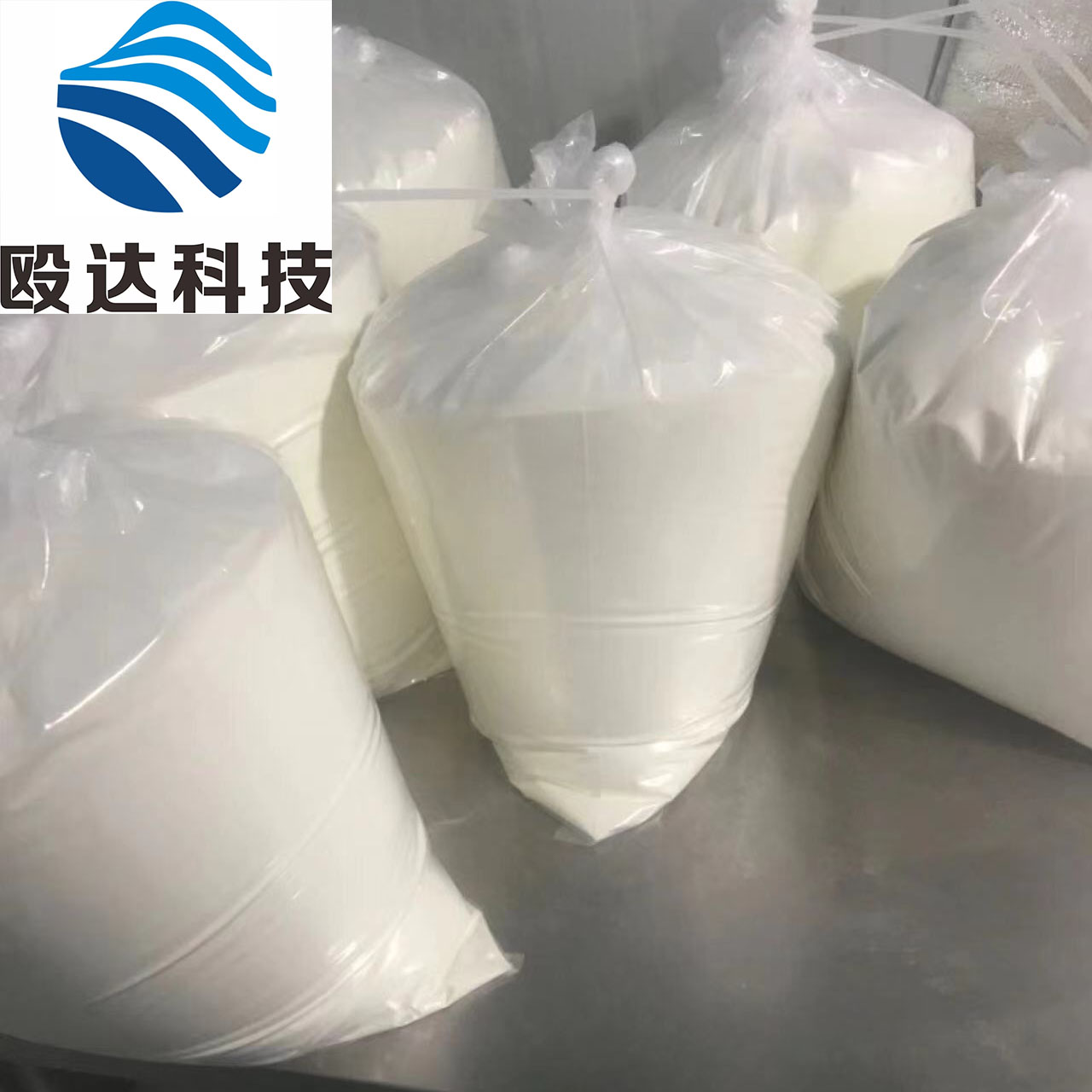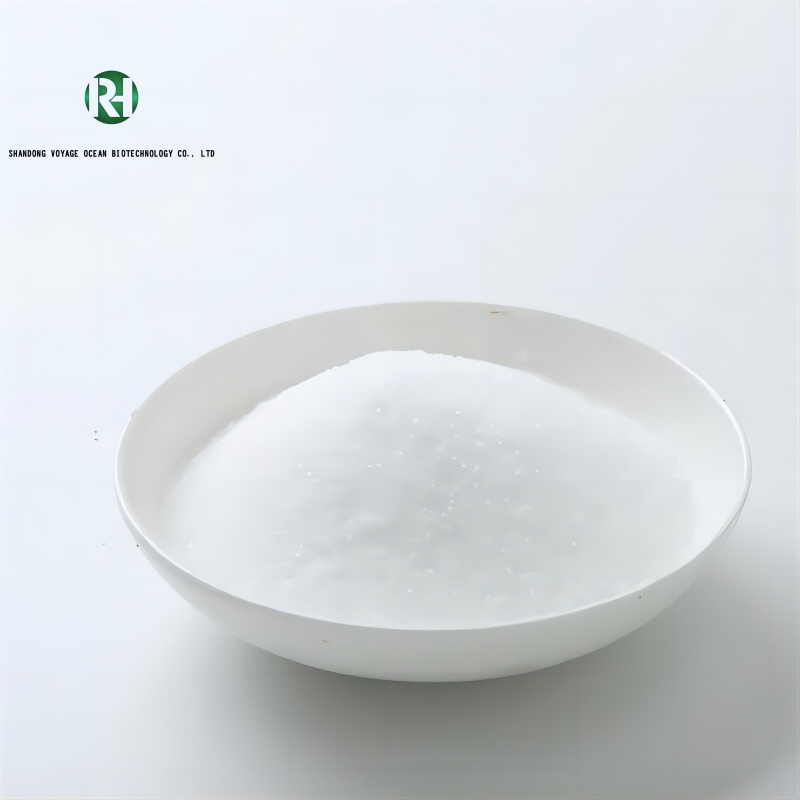Novartis India encounters another intellectual property crisis. Cipla requests to revoke five patents of onbrez, a lung medicine, and allow forced imitation
-
Last Update: 2014-11-03
-
Source: Internet
-
Author: User
Search more information of high quality chemicals, good prices and reliable suppliers, visit
www.echemi.com
Source: Biovalley on November 3, 2014, Cipla, India's fourth largest generic drug manufacturer, has asked the Indian government to revoke five patents of onbrez, a chronic obstructive pulmonary disease (COPD) drug held by Novartis, a Swiss pharmaceutical giant, and has launched a generic drug with a price of only one-fifth of onbrez, with the brand name of unibrez To meet the needs of the local market in India The move will trigger another conflict between India's imitators and multinational innovative pharmaceutical companies The growing conflict between Indian generic and multinational innovative pharmaceutical companies dates back to decades ago, and Cipla's move is likely to open up a new front, or become a representative of similar cases, opening the "Pandora's box" The Indian government will be forced to pay attention to all such cases - that is, multinational pharmaceutical companies hold drug patents but do not launch or sell only a small number of brand drugs, and the government departments will have to give a clear position on how to monitor the situation Novartis has been holding patents for six years, not produced in India and imported drugs are less than "negligible" Cipla has asked India's Ministry of industrial policy and promotion (DIPP) to revoke five patents of onbrez, because Novartis has been holding these patents for six years since 2008, not only has it not been produced in India, but the imported drugs are "negligible" , leading to a serious shortage of onbrez in the Indian market Cipla alleges that Novartis imports only 54000 units of drugs every year, which can not even meet 4500 patients According to the feedback, there are 15 million patients in India who need onbrez, and Novartis' behavior directly deprives 99.9% of Indian patients of their urgent needs Due to the situation, Cipla has launched onbrez generic in India Cipla said the company has the capacity to produce enough generic drugs to meet the local market in India Some analysts believe that Cipla's action may lead to a long-term legal dispute between the two companies According to a senior official of India's DIPP, Cipla filed a lawsuit for revoking the patent related to Novartis onbrez under Article 66 of the Indian patent law, which gives the Indian government the right to revoke the pharmaceutical patent with significant public interest With regard to strong imitation, generic pharmaceutical companies claim to exercise their power properly, while the government of India claims that the patent law is in line with international requirements Senior executives of a multinational pharmaceutical company say that the government cannot force pharmaceutical companies to sell products in any market Many factors, including commercial reasons, need to be taken into account in deciding whether to promote a drug India's generic companies have taken advantage of the country's weak patent law to strengthen generic brands, depriving innovative pharmaceutical companies of legitimate profits Indian generic drug manufacturers believe that they are exercising their power within the scope of law By producing cheap generic drugs, they can not only maintain relatively low drug prices at home and in other parts of the world, but also reduce medical costs At the same time, the Indian government claims that the Indian patent law is in line with international requirements, and its formulation aims to meet the three major objectives of availability, accessibility and affordability Last year, India's Supreme Court rejected Novartis' request to protect the patent of a new cancer drug, Glivec, and allowed local drug makers Cipla and NATCO to sell generic drugs at a price far lower than that of the brand of Glivec The U.S trade representative's Office (USTR) said India's restrictions on the approval of drug patents and the liberalization of patent drug imitation programs pose serious challenges for some innovative drug companies Last month, news emerged that New Delhi was studying a new intellectual property policy, and the Indian government would set up a think tank to advise on global intellectual property issues Disputes are unfolding in Indian courts Many patent disputes are finally put into court Industry experts predict that Novartis will take legal measures to punish Cipla's strong imitation of onbrez At present, there are several patent disputes in Indian courts, including Cipla vs Tarceva, Bristol Myers Squibb, darycel, glenmark and five other imitators vs januvia, the powerful diabetes drug.
This article is an English version of an article which is originally in the Chinese language on echemi.com and is provided for information purposes only.
This website makes no representation or warranty of any kind, either expressed or implied, as to the accuracy, completeness ownership or reliability of
the article or any translations thereof. If you have any concerns or complaints relating to the article, please send an email, providing a detailed
description of the concern or complaint, to
service@echemi.com. A staff member will contact you within 5 working days. Once verified, infringing content
will be removed immediately.







